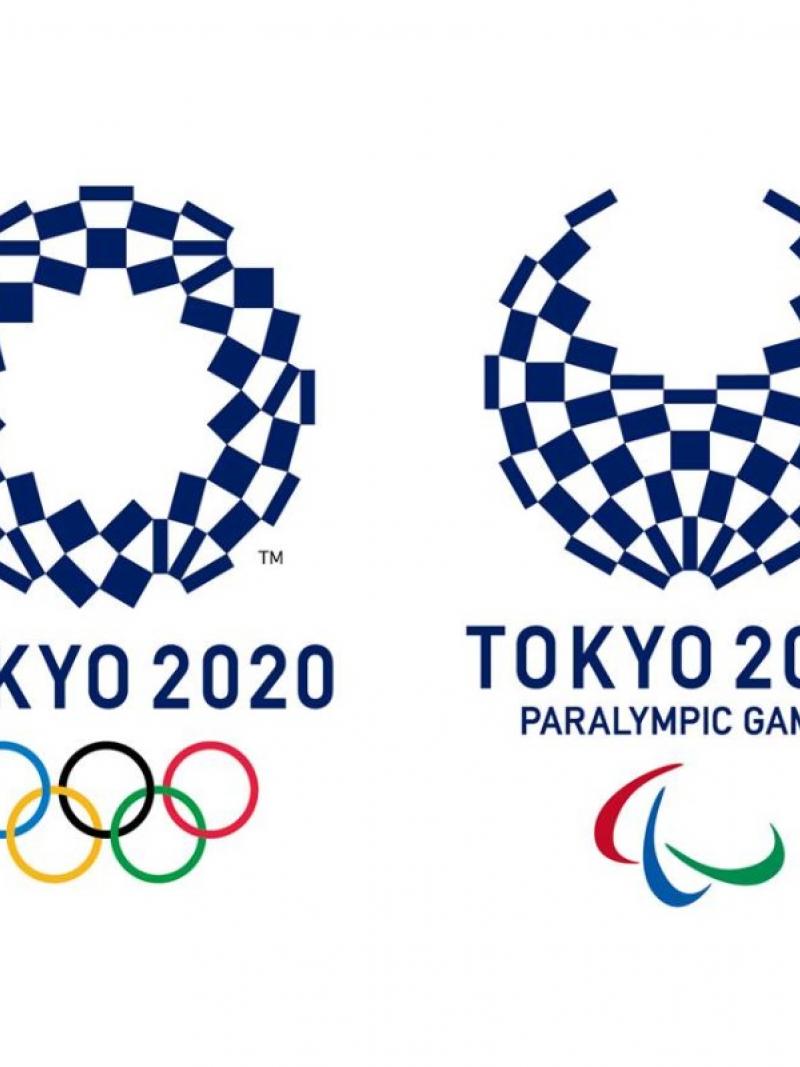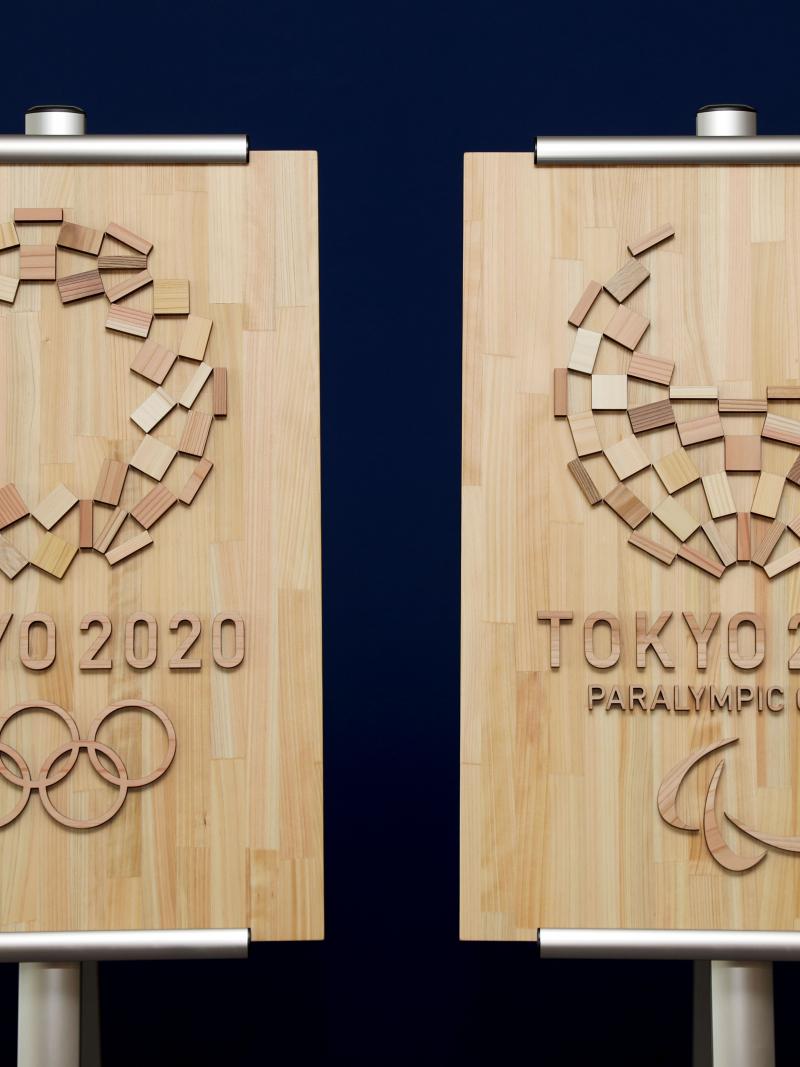Tokyo 2020: 1,000 days to go
Japanese capital using Paralympics to boost accessibility 29 Nov 2017With the Tokyo Organising Committee of the Olympic and Paralympic Games (Tokyo 2020) today marking the “1,000 Days To Go” countdown to the opening of the Tokyo 2020 Paralympic Games, the citizens of Japan and its capital city are already starting to see and enjoy the benefits of hosting the event. To mark this special milestone, a celebratory event is taking place in the world’s tallest tower – the Tokyo Sky Tree – which is being lit up with the three colours of the “Agitos” forming the Paralympic symbol, and is clearly visible throughout the city.
Andrew Parsons, President of the International Paralympic Committee (IPC), said, “We are changing the organisation now to delivery mode. So it is fundamental that we keep the focus. The IPC is right behind you as is the entire Paralympic Movement and we will support you every step of the journey.”
He added, “We all have high expectations for the Tokyo Games, and we are a hundred per cent sure that you can deliver a fantastic Games in 2020. We will achieve this together, as a team, as we always have done, with the support of the IPC, the national government, the Tokyo Metropolitan Government, Tokyo 2020, and our corporate partners.”
Accessibility for everyone
All stakeholders have been playing their part to set excellent standards of accessibility for everyone. In March this year, the Organising Committee published its “Accessibility Guidelines”, a summary of recommendations aiming to ensure that all venues, facilities, infrastructure and services provided for the Olympic and Paralympic Games in Tokyo are accessible and inclusive for all. A month earlier, the Japanese government approved the Universal Design 2020 Action Plan, under the terms of which the government will redouble efforts to promote universal design across Japan, with the aim of creating an inclusive society that is comfortable and accessible to everyone.
In December 2016, the Tokyo Metropolitan Government (TMG) formulated a new comprehensive four-year urban development plan. Under this plan, and leveraging the opportunity presented by the Tokyo 2020 Games, the TMG will promote urban development incorporating both tangible and intangible universal design, a concept offering improved accessibility to all. This includes barrier-free roads around competition venues and tourist facilities, which are expected to be completed by 2020.
Railway operators such as Tokyo 2020 Official Partners Tokyo Metro and JR East are also upgrading their facilities with the aim of making Tokyo a city with one of the most accessible public transport networks in the world. Currently 92.8 per cent of stations in Tokyo have step-free access, 95.8 per cent have universal access toilets, almost all have tactile paving to assist the visually impaired, and 91.1 per cent of buses have step-free access. These percentages will increase further by 2020, and platform barriers will be installed at an additional 880 train stations before the Games. Tokyo’s two international airports have also pledged to ensure that 100 per cent of their public toilets will have universal access by 2020.
In October 2017, IPC Worldwide Paralympic Partner Toyota Motor Corporation launched a new taxi vehicle named JPN Taxi, designed to provide easy access and comfort to people with a diverse range of needs. Approximately 1,000 JPN Taxis decorated in koiai, or Japanese indigo, are operating in the city as of today. The company is planning to accelerate the renewal of Japan’s taxi fleets in the run-up towards the Tokyo 2020 Games.
Lasting legacy
The legacy of the Tokyo 2020 Paralympic Games in Japan will not just be in terms of physical assets. The percentage of the population who have watched Para sports events rose from 51 per cent in 2014 to 71 per cent after the Rio 2016 Paralympic Games.
I’mPOSSIBLE is a toolkit of resources designed to engage young people in the Paralympic Movement. Through education of inclusion and the Paralympic values, the programme aims to challenge and change the perceptions of how young people perceive people with an impairment. I'mPOSSIBLE was created by the IPC’s development arm the Agitos Foundation with the support from the Japanese Paralympic Committee and the Nippon Foundation Paralympic Support Centre. I’mPOSSIBLE was launched this spring and distributed to 20,000 elementary schools throughout Japan.
With 1,000 days to go, the Organising Committee is more committed than ever to seizing the fantastic opportunity of the Paralympic Games and to successfully establish the second pillar of Tokyo 2020’s vision – Unity in Diversity – helping to bring positive changes to society.
 Facebook
Facebook
 Instagram
Instagram
 Twitter
Twitter
 Youtube
Youtube





